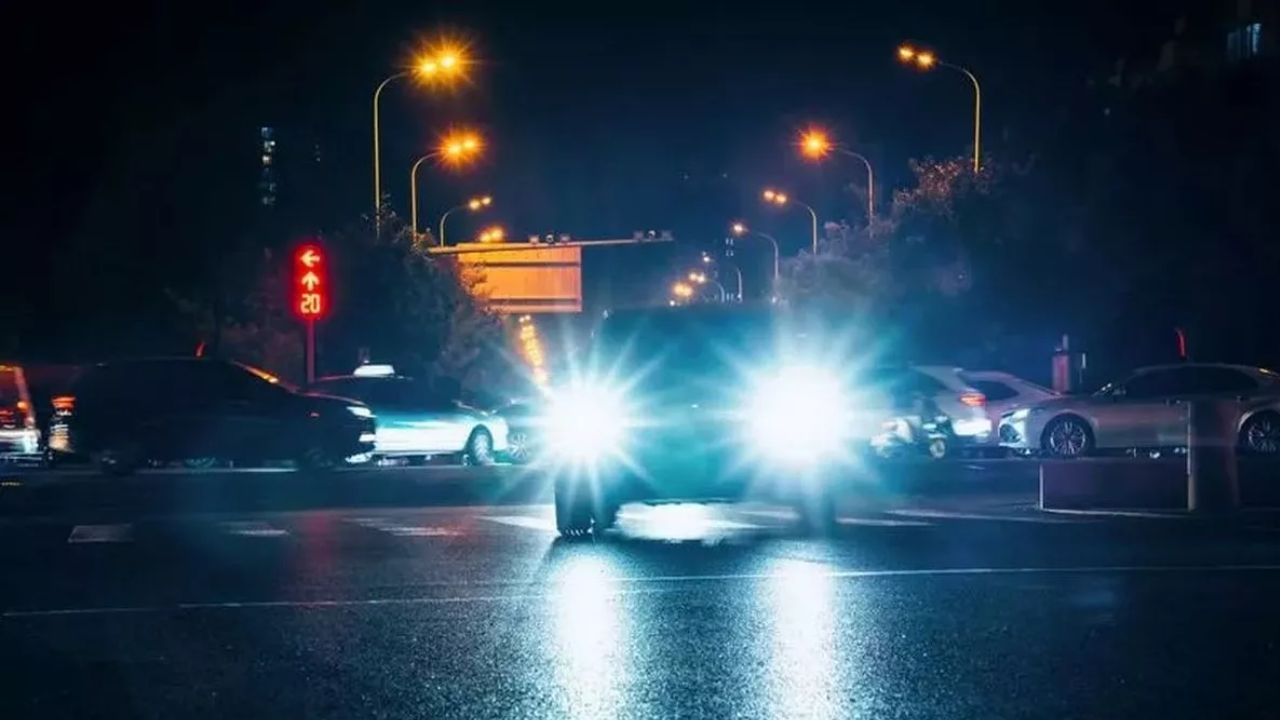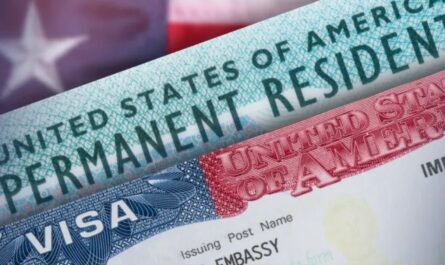TALLAHASSEE, Fla. — Florida drivers could face fines up to $5,000 and even prison time if they’re caught using certain vehicle lights under a new state law that took effect just before Halloween.
The move comes as law enforcement prepares for the annual surge of Halloween-themed vehicle modifications, some of which mimic emergency vehicles and pose safety risks on the road.
Florida Cracks Down on Unauthorized Vehicle Lights
The new legislation, known as House Bill 253, specifically bans front-facing red, blue, and red-and-white flashing or rotating lights on non-emergency vehicles.
According to Florida lawmakers, the rule was designed to prevent confusion between civilian and emergency vehicles, especially during the Halloween season when people often decorate their cars or use light effects as part of costumes.
Violating this new law is not a minor offense — it’s a third-degree felony. Offenders could face up to five years in prison and fines reaching $5,000 if caught with these prohibited lights installed or in use.
State officials said the timing was intentional, with the law going into effect just as Halloween festivities ramp up. Law enforcement expects some residents may attempt to replicate police, ambulance, or fire vehicle lighting as part of their holiday fun — a dangerous trend that can lead to confusion and traffic hazards.
“This is not just about aesthetics or fun,” said a Florida Highway Patrol spokesperson. “These colors are reserved for first responders. Misusing them can lead to serious safety issues on the road.”
Why States Are Tightening Road Safety Laws
The crackdown on vehicle lighting is part of a broader trend across the U.S. aimed at strengthening road safety laws.
In recent months, states have introduced new penalties targeting reckless driving, speeding, and distracted driving, as authorities continue to report high accident rates.
Florida’s new light ban joins a wave of updated regulations focused on curbing dangerous road behaviors — from excessive speeding to the use of phones while driving.
Across several states, including Florida and Georgia, hands-free laws are being strictly enforced. These laws prohibit drivers from holding their phones while operating a vehicle, even when using navigation apps.
Drivers must now use mounted devices or Bluetooth systems, with texting, video calls, and handheld usage strictly forbidden. Violations can result in hefty fines and license points.
Nevada Also Increases Penalties for Reckless Driving
Florida isn’t alone in ramping up enforcement. In Nevada, new penalties took effect on October 1, increasing fines and possible jail time for dangerous driving offenses.
- Reckless driving — defined as driving more than 30 mph over the speed limit — can now result in up to $1,000 in fines and 60 days in jail.
- Negligent driving carries fines up to $750, while aggressive driving — such as tailgating, speeding, or failing to yield — can lead to fines up to $1,000.
Authorities in both states say these measures are part of an effort to reduce accidents and fatalities on U.S. roads, especially during high-traffic holiday periods like Halloween and Thanksgiving.
Read Also: How a Florida Mother’s Final Acts Forever Changed the 911 System
Public Safety Over Festive Fun
Florida law enforcement officials are urging residents to prioritize safety over decoration this Halloween season.
Even seemingly harmless modifications — like flashing lights or imitation sirens — can cause confusion for other drivers, particularly at night or in busy areas.
“A decorated car might seem fun, but if it resembles an emergency vehicle, it could endanger lives,” said the Florida Department of Highway Safety in a statement.
Drivers Advised to Stay Informed
Motorists are encouraged to stay updated on changing traffic laws in their state. With many new regulations going into effect this fall, even unintentional violations can result in major fines or criminal charges.
Before hitting the road this Halloween, Florida drivers are advised to check their vehicles for any unauthorized light modifications to avoid a costly mistake.
Do you think Florida’s $5,000 light ban goes too far, or is it necessary for public safety? Join the discussion and share your thoughts now at race-day-live.com.


 by
by 

